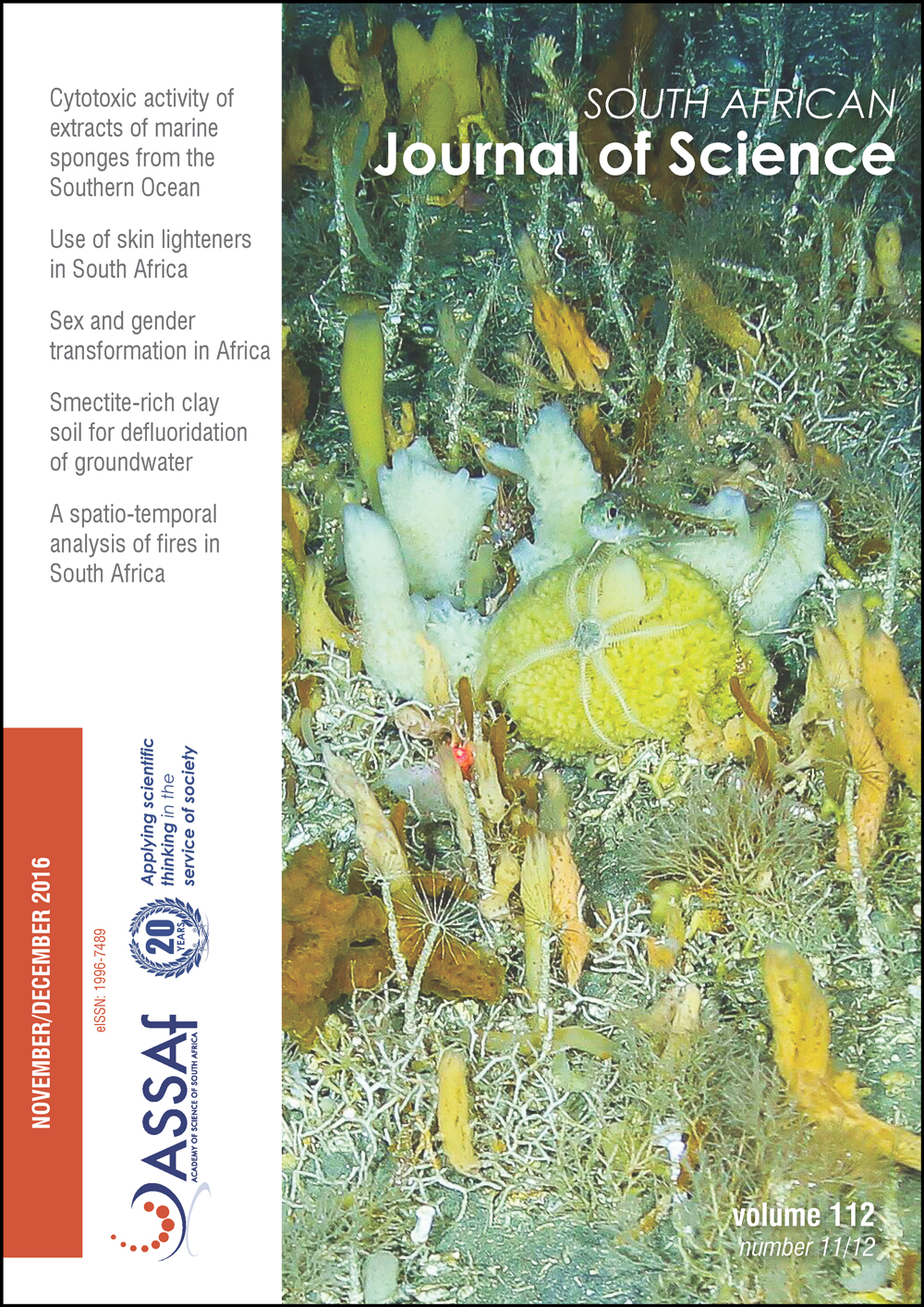Impact of mother tongue on construction of notes and first-year academic performance
DOI:
https://doi.org/10.17159/sajs.2016/20160037Keywords:
university grades, language, learning, note-making, note-takingAbstract
The purpose of this study was to identify whether there are any differences in the quality of the notes constructed in English between students for whom English is a first language and those for whom it is a second language. Subsequently we assessed whether this difference, if any, affected their grades. Unsurprisingly, the first-language students produced better structured and more detailed notes; they also performed better academically than their second-language peers. However, when students were provided with training that focused on using writing as a means to promote critical thinking, there was an improvement in the personalisation of their notes. The improvement in grades was significant for second-language students. Thus the university has a pivotal role to play in preparing students for academic success by providing them with supportive measures to aid their transition into first year.
Significance:- The work illustrates that writing can be used as a tool for students to improve their learning and their academic performance.
- Second-language students’ grades improve when writing interventions are provided early in the year.
- Students need to take on the responsibility for their learning; lecturers also have a responsibility in scaffolding learning.
Downloads
Published
Issue
Section
License

All articles are published under a Creative Commons Attribution 4.0 International Licence
Copyright is retained by the authors. Readers are welcome to reproduce, share and adapt the content without permission provided the source is attributed.
Disclaimer: The publisher and editors accept no responsibility for statements made by the authors
How to Cite
- Abstract 604
- PDF 968
- EPUB 193
- XML 240
- Supplementary Material 220












.png)